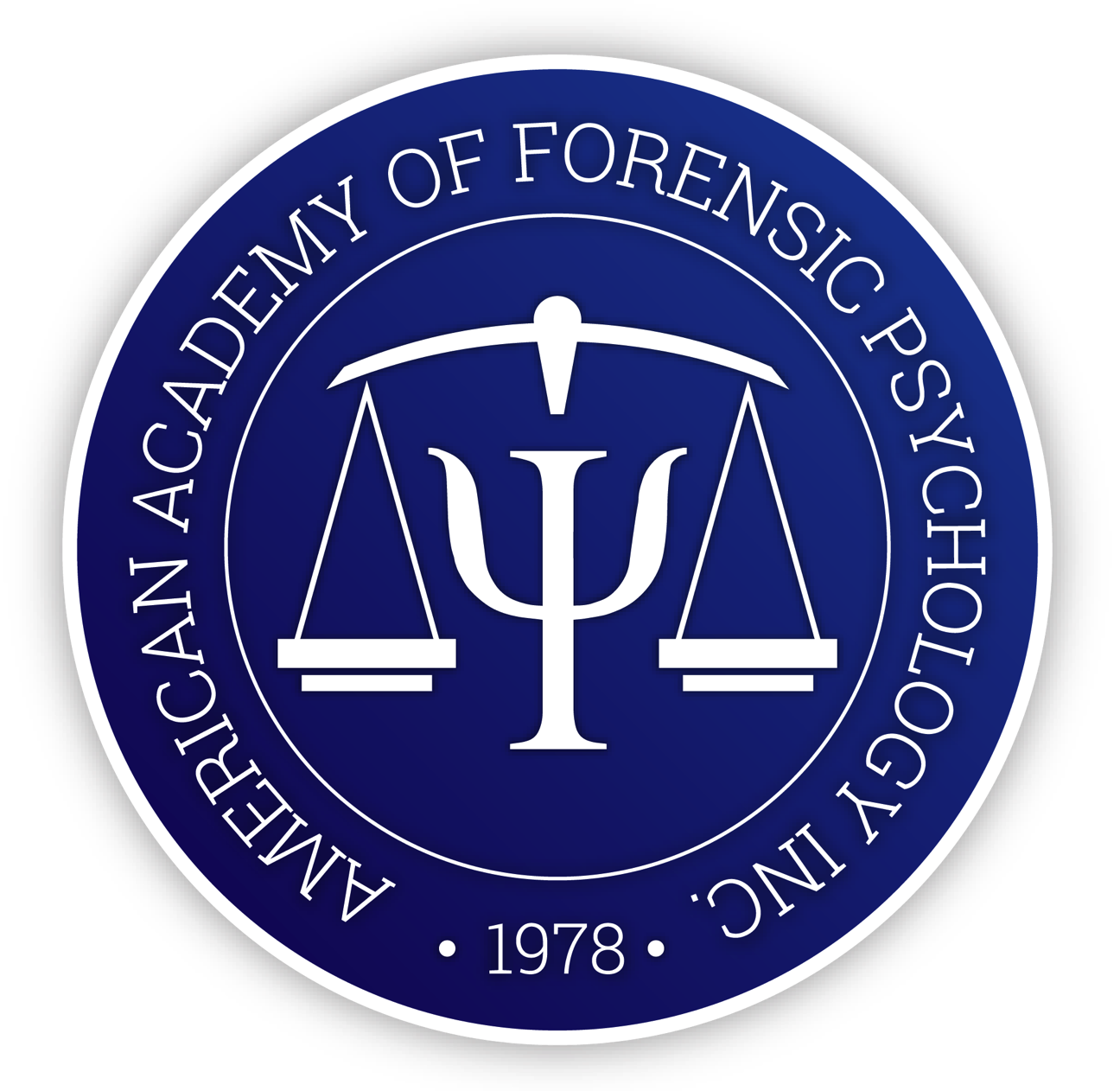5 Hours | 5 CEs
This on-demand professional training program on Competency Restoration in an Inpatient Environment is presented by Lori L. Hauser, PhD, ABPP, in partnership with the American Academy of Forensic Psychology (AAFP).
This program covers all aspects of inpatient competency restoration. It begins by outlining the current ‘competency crisis’ in this country, including proposed solutions to address that. It outlines the essential components of an inpatient competency restoration program, including how those can be individualized to address specific patients’ needs.
This program addresses often overlooked aspects of restoration programming (particularly with respect to the ability to assist counsel), as well as a variety of other factors (e.g., language, communication, culture, motivation, etc.) that can affect restoration. Finally, a model for reporting writing – both initial evaluations as well as re-evaluations from a hospital setting – is presented to guide clinicians and evaluators alike in successfully treating and re-assessing patients’ capacities.
This program is designed for professionals at all career stages and with varying levels of familiarity with the topic of competency restoration. It is particularly aimed at those working in inpatient settings, but is also highly relevant for those who conduct initial competency evaluations. The content is intended to be beneficial for both early and late career professionals, whether they are just being introduced to the field or have advanced knowledge, and for both evaluators and treaters involved in the competency restoration process.

Intended Audience
This on-demand professional training program is intended for mental health and other allied professionals

Experience Level
This on-demand professional training program is appropriate for beginner, intermediate, and advanced level clinicians.

CE / CPD Credit
APA, ASWB, CPA, NBCC Click here for state and other regional board approvals.
Learning Objectives
Upon completion of this program you will be able to:

Describe the current ‘competency crisis’ in this country and three recommendations or solutions to address it

Describe the most up-to-date research findings relevant to the restoration of individuals deemed incompetent to stand trial

Describe at least three components of inpatient restoration program, including often overlooked aspects related to one’s ability to assist counsel

Describe how specific factors related to language, communication, culture/subculture, motivation, etc. can affect restoration of individuals deemed incompetent to stand trial

Describe a model for report writing that guides treatment planning for restoration as well as re-evaluation of competency-related capacities

Curriculum
1. Foundations of Competency
2. Ethical Considerations
3. Group Discussion
4. Competency Restoration Approaches
5. Evaluation Challenges and Special Populations
6. Integration and Reporting
Develop a Specialty Area of Practice
Transforming mental health professionals into experts
Expert Instructors
Professional training developed and delivered by the field's leading experts

CE Credit
Earn CE credit for meaningful professional training that will elevate your practice
Convenience & Flexibility
Learn at your own pace, from wherever you might be!
Program Partner
American Academy of Forensic Psychology
We are proud to partner with the American Academy of Forensic Psychology (AAFP) for this training. AAFP is a non-profit organization of board-certified forensic psychologists whose mission is to contribute to the development and maintenance of forensic psychology as a specialized field of study, research, and practice. The Academy does this by providing high-quality continuing education workshops, providing a forum for the exchange of scientific information among its members, and conferring awards upon outstanding students and practitioners in the field of forensic psychology.

CE Sponsorship Information
Palo Alto University, Continuing and Professional Studies (CONCEPT) is approved by the American Psychological Association to sponsor continuing education for psychologists. Palo Alto University, Continuing and Professional Studies (CONCEPT) maintains responsibility for this program and its content. Palo Alto University, Continuing and Professional Studies (CONCEPT) is approved by the Canadian Psychological Association to offer continuing education for psychologists. Palo Alto University, Continuing and Professional Studies (CONCEPT), SW CPE is recognized by the New York State Education Department’s State Board for Social Work as an approved provider of continuing education for licensed social workers #SW-0356 and the New York State Education Department’s State Board for Mental Health Practitioners as an approved provider of continuing education for licensed mental health counselors. #MHC-0073. Palo Alto University, Continuing and Professional Studies (CONCEPT) has been approved by NBCC as an Approved Continuing Education Provider, ACEP No. 6811. Programs that do not qualify for NBCC credit are clearly identified. CONCEPT Professional Training, #1480, is approved to offer social work continuing education by the Association of Social Work Boards (ASWB) Approved Continuing Education (ACE) program. Organizations, not individual courses, are approved as ACE providers. State and provincial regulatory boards have the final authority to determine whether an individual course may be accepted for continuing education credit. CONCEPT Professional Training maintains responsibility for this course. ACE provider approval period: 11/22/23-11/22/26. Social workers completing this course receive (clinical or social work ethics) continuing education credits.

